Despite harsh conditions, deserts are vibrant ecosystems requiring conservation for unique species like the Fennec fox and camelids, while addressing climate change impacts. Dubai Guided Tours promote sustainable tourism by showcasing desert beauty while balancing economic development with nature preservation through strategic land use, water management, waste reduction, and eco-friendly practices. These tours integrate renewable energy, advanced water management, and community engagement to foster a harmonious balance between human activities and delicate ecosystems. By leveraging technology like drones and AI, Dubai Guided Tours contribute to the preservation of unique desert landscapes for future generations, benefiting both nature enthusiasts and local communities.
“Explore the arid landscapes and uncover the vital role of eco-friendly conservation in the world’s deserts. This comprehensive guide delves into the unique challenges of Dubai, where urban development meets environmental preservation. Discover innovative practices, from sustainable tourism through local community engagement to advanced tech monitoring. Learn how guided tours contribute to raising awareness for responsible travel, and explore long-term strategies ensuring a thriving desert ecosystem, even in seemingly inhospitable regions like Dubai.”
- Understanding the Desert Ecosystem: The Importance of Conservation in Arid Regions
- Dubai's Unique Challenges: Balancing Urban Development and Environmental Preservation
- Innovative Eco-Friendly Practices in Desert Conservation
- The Role of Guided Tours in Raising Awareness for Sustainable Tourism
- Community Engagement: Empowering Local Peoples in Conservation Efforts
- Planting Hope: Restoring Native Vegetation in the Desert
- Technology's Impact: Using Drones, Satellites, and AI for Desert Monitoring
- Future Prospects: Long-Term Strategies for a Thriving Desert Ecosystem
Understanding the Desert Ecosystem: The Importance of Conservation in Arid Regions

Deserts, often perceived as barren wastelands, are intricate ecosystems teeming with unique plant and animal life adapted to harsh conditions. These arid regions play a crucial role in global climate patterns and water cycles. Conservation efforts in deserts are of paramount importance due to several factors. For instance, they help preserve endangered species like the Fennec fox and various camelid varieties. Additionally, desert conservation initiatives contribute significantly to mitigating climate change impacts by protecting carbon sequestering sands and restoring oasis ecosystems.
In Dubai, guided tours have become a popular way to appreciate the region’s natural beauty while raising awareness about these delicate environments. These tours highlight the importance of sustainable practices in tourism, ensuring that visitors can enjoy the desert without causing harm to its fragile ecosystem. By promoting responsible tourism, Dubai sets an example for other arid regions, emphasizing the balance between economic development and the preservation of nature.
Dubai's Unique Challenges: Balancing Urban Development and Environmental Preservation
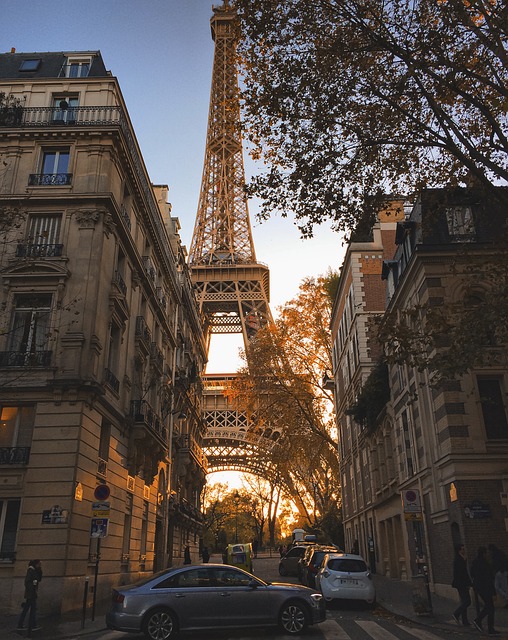
Dubai, known for its stunning skyscrapers and bustling city life, faces a unique challenge when it comes to environmental conservation, especially in the context of being a desert metropolis. As one of the world’s fastest-growing cities, Dubai has successfully attracted tourists with its luxurious attractions and innovative architecture, many of which are showcased through popular Dubai guided tours. However, this rapid urbanization has put immense pressure on the region’s fragile desert ecosystem. Balancing urban development and environmental preservation is a delicate act, especially in a city that relies heavily on natural resources for its existence.
The desert environment in and around Dubai is home to diverse flora and fauna species, some of which are endemic to the region. The extreme temperatures, limited water sources, and harsh conditions make it challenging to protect these ecosystems while accommodating the city’s growing population and economic ambitions. Conservation efforts must address issues like land use planning, water management, waste reduction, and sustainable tourism practices to ensure Dubai can thrive without compromising its natural heritage. These initiatives are crucial in preserving the region’s biodiversity for future generations while still offering visitors unforgettable Dubai guided tours that showcase both the modern city and its stunning desert landscapes.
Innovative Eco-Friendly Practices in Desert Conservation
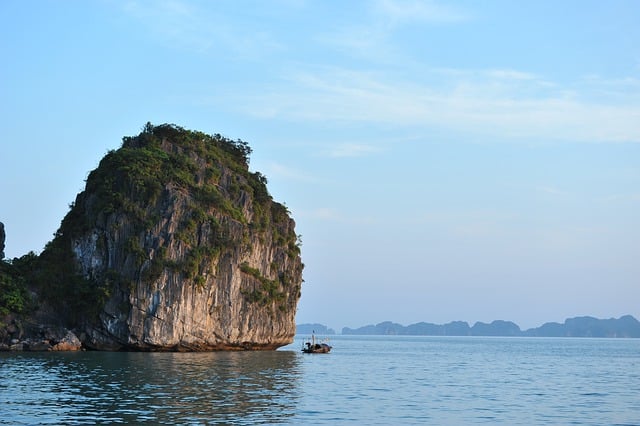
In the heart of arid landscapes, innovative eco-friendly practices are reshaping desert conservation efforts. One notable example is the integration of renewable energy sources in Dubai Guided Tours and infrastructure. Solar panels and wind turbines are being strategically placed to meet the energy needs of research stations and local communities, significantly reducing carbon footprints and promoting sustainability.
Additionally, advanced water management techniques, such as desalination and wastewater recycling, play a pivotal role in preserving precious hydric resources. These strategies ensure that conservation efforts can thrive even in harsh desert environments, fostering a harmonious balance between human activities and the delicate desert ecosystem.
The Role of Guided Tours in Raising Awareness for Sustainable Tourism
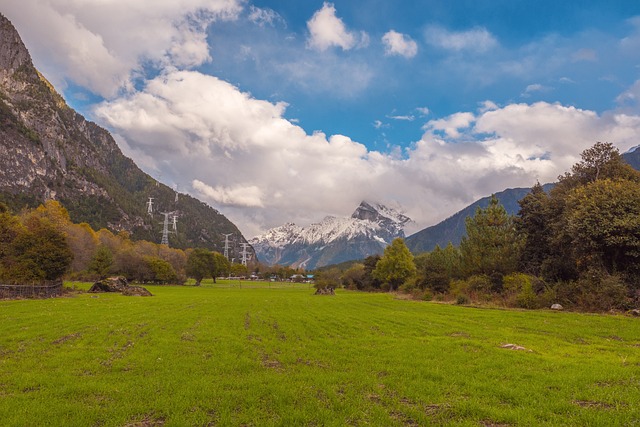
In the pursuit of eco-friendly desert conservation, Dubai Guided Tours play a pivotal role in fostering sustainable tourism practices. These tours offer a unique opportunity to educate visitors about the delicate balance of desert ecosystems while promoting responsible travel. By engaging with experienced guides, tourists gain insights into the local flora and fauna, understanding the challenges faced by these arid landscapes. Through interactive discussions and immersive experiences, guided tours encourage minimal environmental impact, ensuring future visitors can enjoy the desert without causing harm.
Dubai’s conservation efforts are enhanced by these tours, which raise awareness about the importance of preserving natural resources and cultural heritage. Tour operators often emphasize sustainable practices, such as waste reduction, water conservation, and energy-efficient transportation, thereby encouraging participants to adopt eco-conscious behaviors. With each guided excursion, there is a growing recognition of the positive impact responsible tourism can have on the region’s unique desert environment.
Community Engagement: Empowering Local Peoples in Conservation Efforts
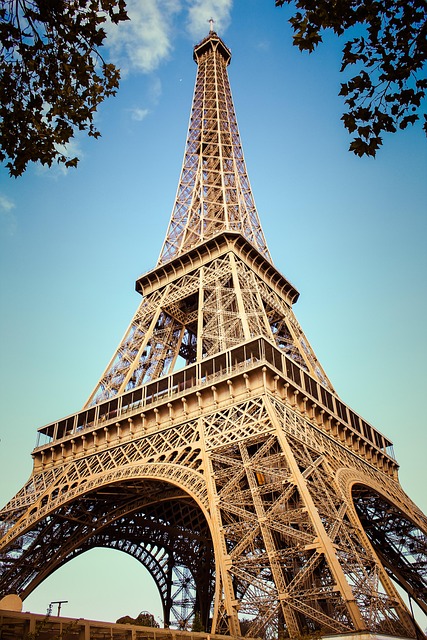
In many desert regions, including areas that offer popular Dubai guided tours, community engagement is a cornerstone of successful eco-friendly conservation initiatives. Empowering local peoples in conservation efforts ensures a deeper understanding and respect for the delicate desert ecosystem. By involving them in decision-making processes, monitoring activities, and educational programs, these initiatives foster a sense of ownership and stewardship. This approach not only enhances the effectiveness of conservation strategies but also strengthens the social fabric of these communities.
Additionally, engaging local peoples helps bridge the gap between traditional ways of life and modern conservation practices. By sharing knowledge and skills, conservation projects can support sustainable livelihoods while preserving the region’s unique cultural heritage. This holistic approach ensures that both the desert ecosystem and the communities that rely on it thrive, making eco-friendly conservation initiatives in these areas truly transformative.
Planting Hope: Restoring Native Vegetation in the Desert
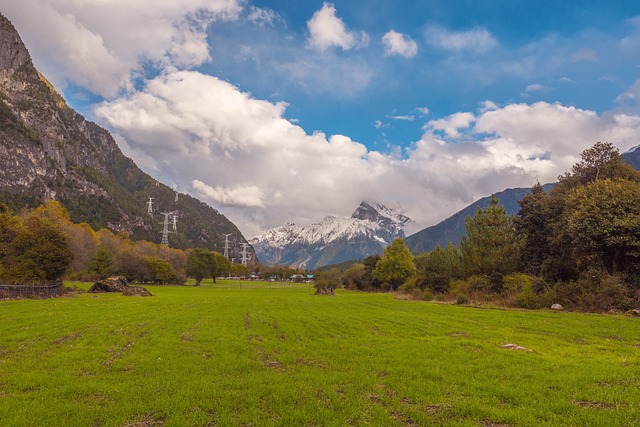
In the vast and arid landscapes of the desert, where survival is a constant challenge for native flora and fauna, initiatives like “Planting Hope” are making a significant impact. This conservation project focuses on restoring the delicate balance of the desert ecosystem by introducing native vegetation. By using Dubai guided tours as a platform to educate and engage the local community and visitors alike, the initiative raises awareness about the importance of preserving these unique environments.
Through careful selection of drought-resistant species, “Planting Hope” aims to recreate the natural habitats that once thrived in the desert. This not only provides shelter and food for indigenous wildlife but also helps mitigate some of the negative effects of human activity. By participating in Dubai guided tours, tourists can contribute directly to these efforts, supporting a sustainable future for both the desert’s biodiversity and the local conservation community.
Technology's Impact: Using Drones, Satellites, and AI for Desert Monitoring

In the vast and often harsh landscapes of deserts, technology has emerged as a powerful ally in conservation efforts. Drones equipped with high-resolution cameras and sensors can survey remote areas, providing detailed imagery that aids in tracking vegetation growth, wildlife movement, and even signs of illegal activities. Dubai guided tours have shown how these aerial vehicles can contribute to the preservation of unique ecosystems by offering unprecedented access and data collection capabilities.
Satellite imagery, another vital tool, offers a bird’s-eye view of desert landscapes, enabling conservationists to monitor changes over time, such as sand dune shifts or water body fluctuations. Artificial Intelligence (AI) further enhances these efforts by analyzing vast amounts of data from drones and satellites, identifying patterns, and predicting potential environmental issues. This advanced technology is instrumental in the ongoing battle to protect and restore delicate desert habitats, ensuring their resilience for future generations.
Future Prospects: Long-Term Strategies for a Thriving Desert Ecosystem
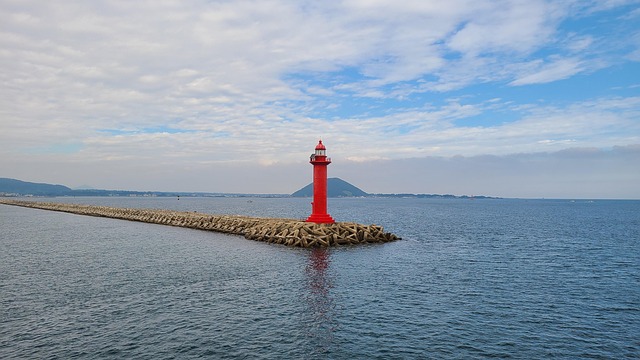
As we look towards the future, it’s clear that sustained and collaborative efforts are crucial for the long-term health and thriving of desert ecosystems. Eco-friendly conservation initiatives in regions like Dubai Guided Tours have set a promising precedent, demonstrating the potential for harmonious coexistence between human activities and delicate natural landscapes. One key prospect lies in integrating renewable energy sources to minimize the ecological footprint of tourism and local communities. By adopting solar power and other sustainable technologies, we can ensure that desert conservation efforts are not just temporary fixes but lasting solutions.
Additionally, innovative water management strategies will be vital. This includes efficient irrigation practices for native vegetation, desalination techniques with minimal environmental impact, and promoting responsible water usage among locals and visitors. Engaging and educating communities about the value of biodiversity and ecological balance can foster a sense of stewardship. With these long-term strategies in place, desert ecosystems stand to flourish, offering a vibrant and sustainable future for both nature enthusiasts and local inhabitants alike.
In conclusion, eco-friendly desert conservation initiatives are vital for maintaining the delicate balance of arid regions like Dubai. By combining innovative practices, community engagement, and sustainable tourism through Dubai guided tours, we can ensure the long-term health of these unique ecosystems. Restoring native vegetation, leveraging technology for monitoring, and empowering local communities are key strategies to create a thriving desert landscape for future generations.
